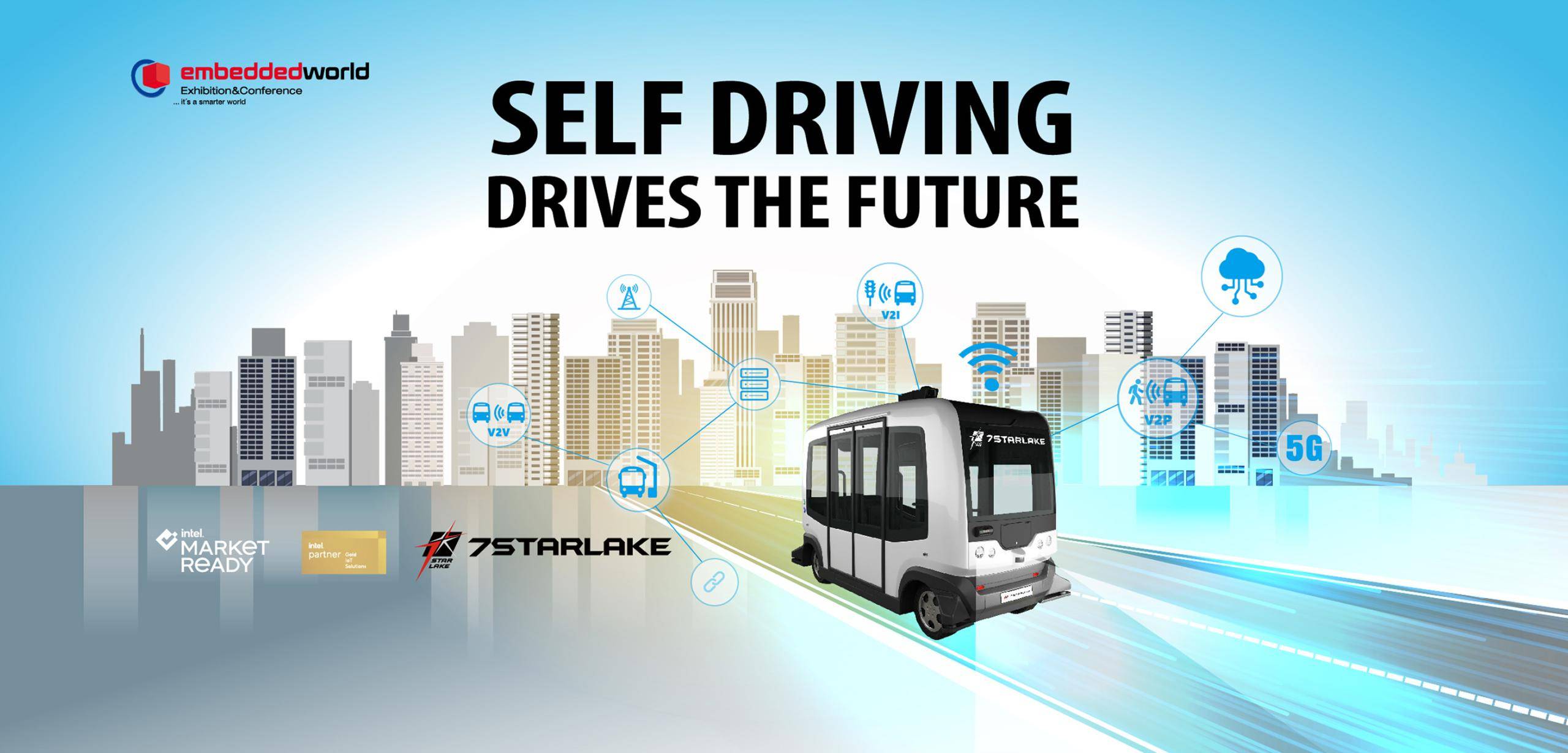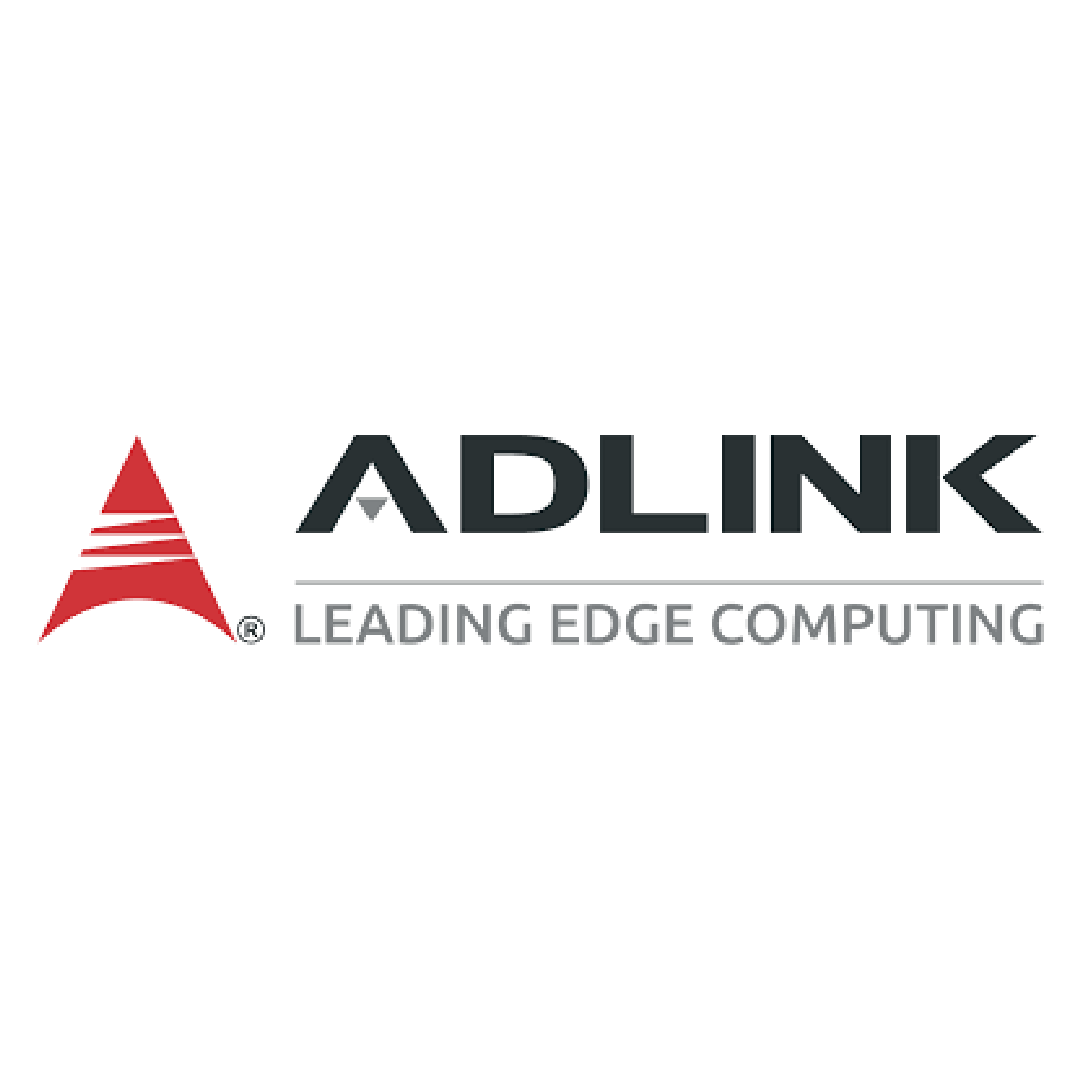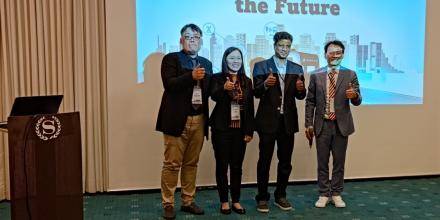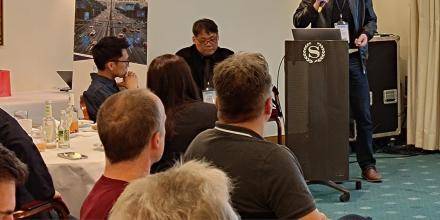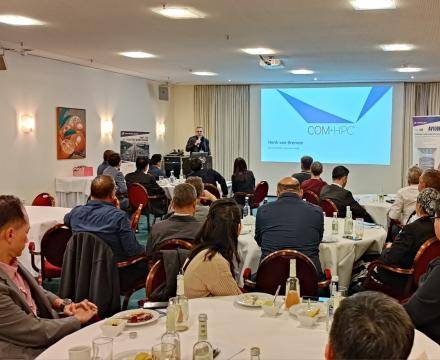
Join 7StarLake Self-driving Drives the Future Forum at embedded world 2023
Automobiles today are much more than just a means of transportation.Along with other devices, they are leveraging human-computer interaction (HCI) to become mini-centers of communication, information, and entertainment. But these automotive systems generate and process a tremendous amount of data.With denser and more complex road networks, newer technologies, and larger data, 5G will provide greater visibility and control over traffic. With 5G, edge devices will become even more powerful in transmitting and processing larger amounts of data by AI analytics servers which can only work to benefit traffic management.
We are very pleased to invite you come to AI Infrastructure for autonomous Forum, held on 14th March at Sheraton Carlton Hotel Nuremberg. In cooperation with INTEL, ADLINK, YUAN High Tech speakers will be exchanged the smart trend knowledge and experience.
We are grateful for industry leaders who are willing to share and inspire.
Autonomous driving drives the development of future technologies, including edge computing, AI algorithms, COM-HPC and the development of automotive memory.
Join us in embedded world 2023 to discuss the latest developments in autonomous driving technology.
| Time | Topic | Speaker |
| 18:30-19:00 |
Reception |
|
| 19:00-19:10 | Opening | |
| 19:10-19:40 |
Keynote Speech - 1 Unlock the Power of Data |
IntelDirector of Global Business Development Daniel |
| 19:40-20:00 |
Keynote Speech - 2 Driving the Future with COM-HPC |
ADLINKDirector of COM Henk Van Bremen |
| 20:00-20:20 |
Keynote Speech - 3 Accelerating Autonomous Driving with GMSL2 Data Streams |
YUAN High-TechSales Director Lily |
|
20:20-20:40 |
Keynote Speech - 4 Accelerated Computing Cluster From Edge to Cloud-Maximizing Micro-Cloud Storage and Network IO Performance |
7StarLakeSenior Product Manager Vinnie Yuan |
| 20:40-21:00 | Q & A | |
5G and Edge AI: Tackling Traffic Management
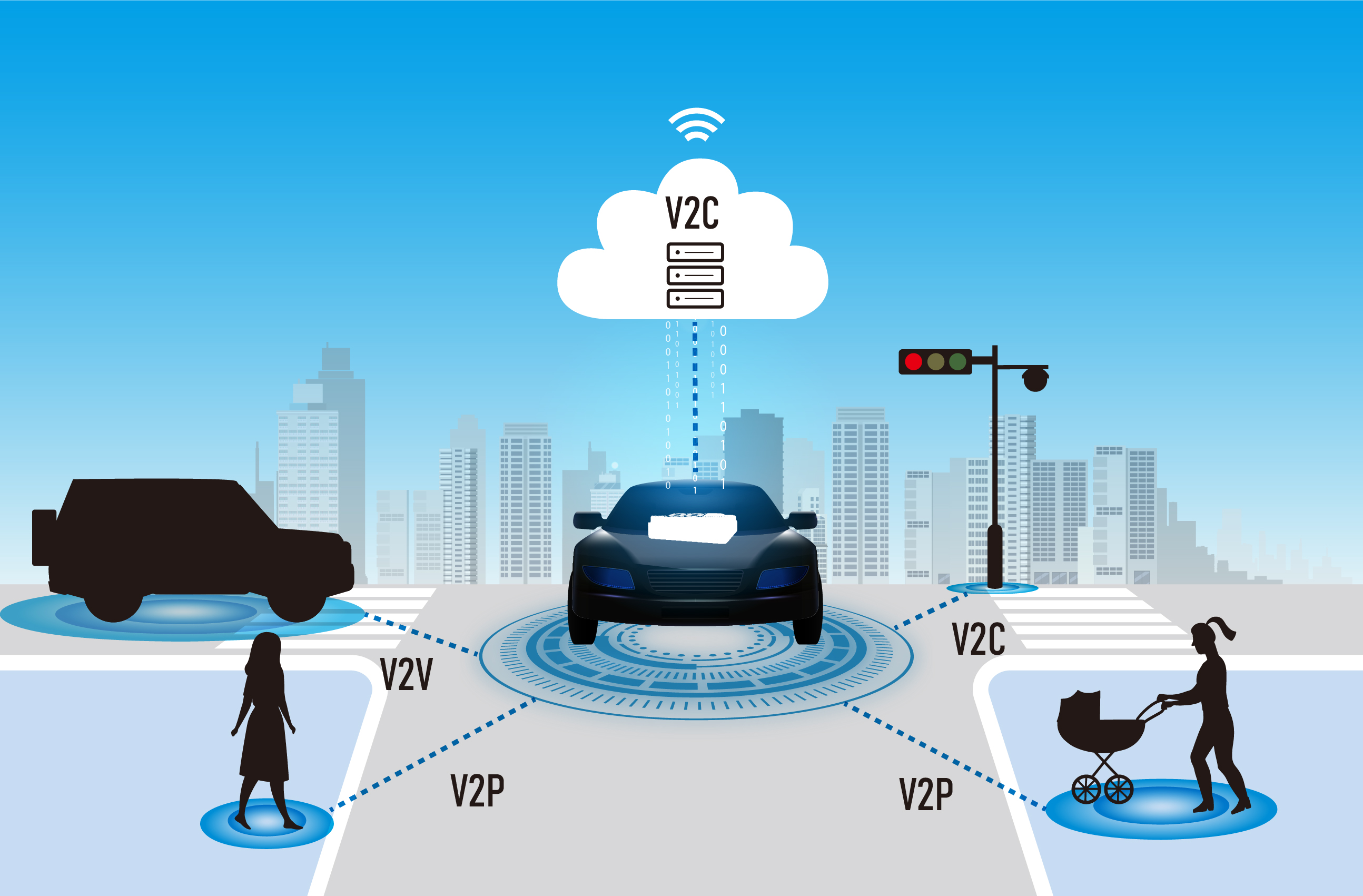
The vehicle uses technology to “see” what’s ahead of and around it and communicate with other vehicles and objects that may or may or may not be in its path. 5G is particularly suited to this latter enterprise, known as vehicle-to-vehicle (V2V) and vehicle-to-everything (V2X) communication, due to its high bandwidth, speed and ultra-low latency.
Currently, standards for V2V and V2X are being established based on cellular technology, and these standards are almost sure to require 5G. The more AVs there are on the road, the more all AVs (and non-AVs) will need to communicate. Standards are also being established for intelligent transportation systems (ITS), which will allow objects like traffic lights, road signs and highway signals to talk to each other, as well as to passing vehicles.
High Performance Edge Compute of AV

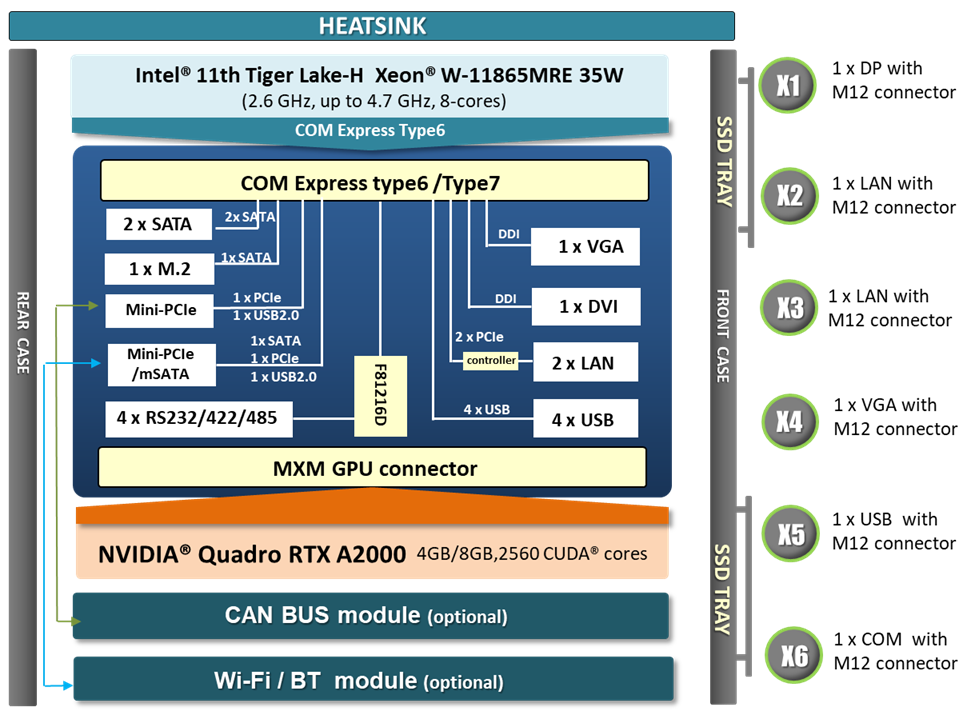
The high-performance edge computing of AV platforms will necessitate ultrafast, low-latency 5G networks due to the incredible amount of data that will be going to and from vehicles as they drive. If the latency — or time it takes for a signal to get to and be processed by a car’s AV platform — of a 5G transmission is 20 milliseconds, the car will have covered a little more than one foot of road in that time. Hence, it’s critical that 5G signals for AVs be as low-latency as possible.

